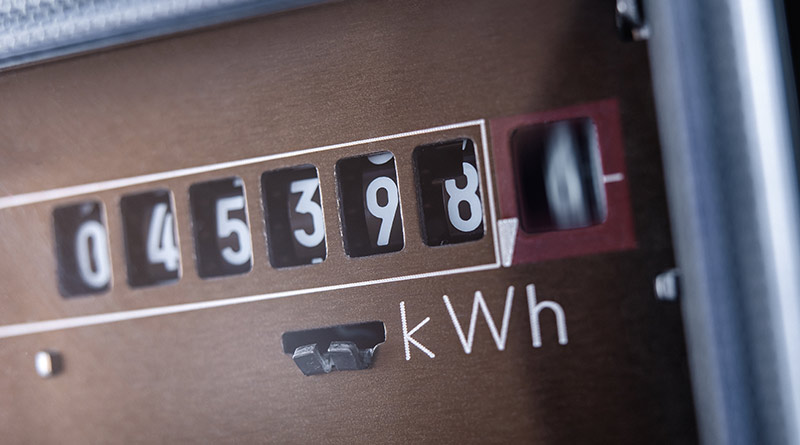Inflation Falls to 4.6% as Energy Prices Ease

UK inflation fell sharply in October to its lowest rate in two years, mainly due to lower energy prices.
Inflation fell to 4.6% in the year to October, down from 6.7% the month before, meaning a government pledge to halve inflation by end of the year has been met early.
Observers have said the main reason inflation has fallen from a high of 11.1% in October 2022 is due to a fall this month in the energy price cap, which limits what suppliers can charge consumers per unit of energy.
They also note the Bank of England’s decision to raise interest rates, in a bid to cool demand in the UK economy and slow price rises.
Rates are currently at 5.25%, a 15-year high, which has pushed up mortgage costs but also meant higher savings rates.
However, the Night-Time Industry Association (NTIA) have dismissed to fall as “Superficial Victory” and warn of a prolonged struggle ahead.
While this signals a move in the right direction, it remains imperative to acknowledge the persistent challenges faced by businesses, particularly within the Nighttime Economy sector.
Despite this marginal improvement, businesses on the ground continue to grapple with high operational costs and precarious trading conditions. The Nighttime Economy sector, in particular, remains extremely fragile, with a prevailing sentiment that tangible relief is yet to materialise.
The optimism surrounding the dip in inflation is tempered by the stark reality faced by businesses, echoing concerns that the positive trend has not translated into immediate alleviation of operational burdens. Many enterprises within the Nighttime Economy sector fear that livelihoods are at imminent risk, emphasising the urgency for government intervention to address the crisis comprehensively.
While the gradual decline in inflation rates signifies progress, there is a palpable consensus among businesses that tangible relief must extend beyond statistical improvements. Immediate and targeted support measures are deemed essential to safeguard businesses, jobs, and the overall economic vitality of the Nighttime Economy sector.
Michael Kill CEO NTIA Says
“This is no time to break out the champagne. For Night Time Economy businesses, it’s a warning sign of ongoing hardship, not a victory lap.”
“The headline-grabbing numbers don’t tell the real story – operational costs and trading conditions for Nighttime Economy businesses continue to be a challenge. The struggle is far from over, and the clock is ticking on livelihoods.”
“Behind the scenes, thousands of businesses are suggesting that the so-called victory won’t pay the bills. The stark truth is, if the government doesn’t act fast, job losses and closures are inevitable. It’s time for more than just statistics – it’s time for action.”
As businesses navigate the challenging landscape, stakeholders call for swift and decisive action from the government in the coming Autumn budget to address the persistent issues on the ground. The fragility of the Night Time Economy underscores the need for a holistic approach that not only acknowledges statistical improvements but also delivers tangible and timely support to businesses facing unprecedented challenges.
UKHospitality is calling for business rates relief for hospitality businesses to be extended for a further year, saving the sector £630 million, and for the business rates multiplier to be frozen, avoiding an inflation-linked rise of £234 million.
A recent survey of members revealed that 61% would raise prices if business rates bills rise in April. It also showed that 66% would reduce investment, 61% would reduce staffing levels, 42% would reduce opening hours and 22% would close sites.
UKHospitality Chief Executive Kate Nicholls said:
“While this significant decrease in inflation is encouraging to see, all of that will be put at risk if the Chancellor does not take action at the Autumn Statement to avert the looming business rates bill facing hospitality.
“Almost a billion pounds of extra cost will be set upon the sector in April if the current relief scheme ends and rates increase with inflation. We already know from our members that the direct impact of that will be almost two-thirds putting up their prices, as they simply cannot absorb any additional costs.
“The Chancellor can ensure this doesn’t happen and that we avoid an inflationary spike early next year by extending business rates relief for a further year and freezing rates. The decisions hospitality businesses make can really drive or curb inflation and we would urge the Chancellor to work with us to help deliver positive economic outcomes.”
